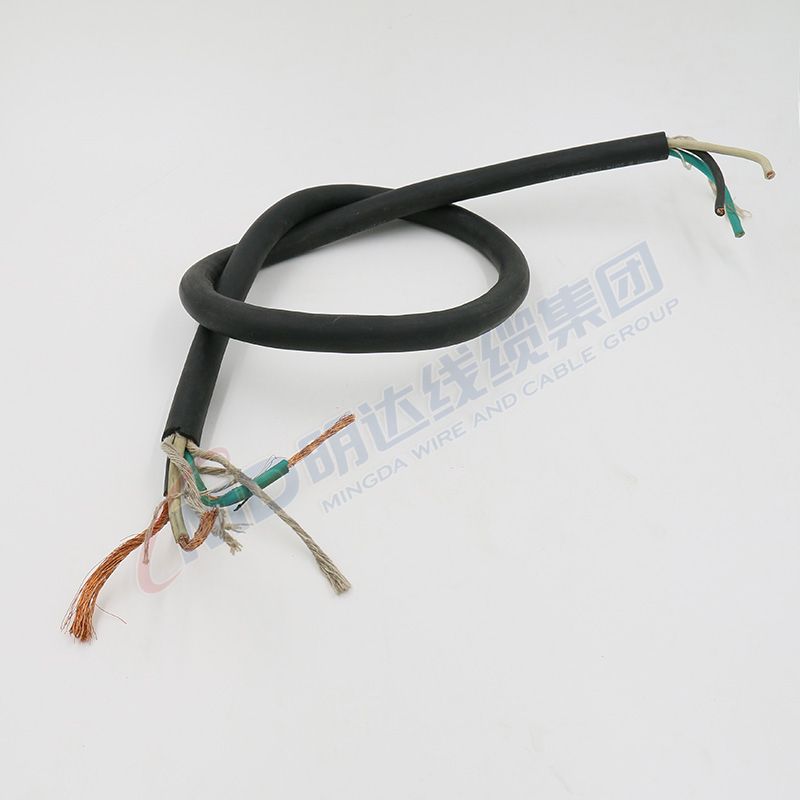Dec . 04, 2024 23:03 Back to list
Understanding the Functionality and Applications of Industrial Gate Valves in Fluid Control Systems
Understanding Industrial Gate Valves Function, Types, and Applications
Industrial gate valves are essential components in various piping systems, primarily used for controlling the flow of liquids and gases. Their primary function is to act as on/off switches, allowing for the quick and efficient regulation of flow in processing plants, water treatment facilities, oil and gas industries, and numerous other applications. This article will delve into their function, types, and the diverse applications where these valves are indispensable.
Function of Gate Valves
Gate valves are designed to provide a straight flow path, minimizing the flow resistance when fully open. They operate by lifting a gate or wedge out of the path of the fluid, thereby permitting unobstructed flow. Conversely, when closed, the wedge tightly seals against the valve body, creating a robust barrier that prevents leakage. This feature makes gate valves unique as they are primarily used for isolation rather than throttling, since partially opening a gate valve can lead to erosion and damage over time.
Types of Gate Valves
There are several types of gate valves, each catering to specific requirements and applications. The most common types include
1. Wedge Gate Valve This is the most widely used due to its simple design and effective sealing capabilities. It contains a wedge-shaped disc that moves vertically and seals against two seats in the valve body.
2. Parallel Gate Valve This design features two parallel seats and a disc that moves straight up and down. This type is particularly useful for applications involving high pressure and temperature, offering better sealing performance.
3. Knife Gate Valve Designed for handling slurries, they feature a sharp blade that slices through materials, allowing for effective isolation of viscous fluids in processes like wastewater treatment.
4. Rising Stem and Non-Rising Stem Gate Valves In a rising stem valve, the stem rises as the valve opens, providing visual indication of the valve position. In contrast, non-rising stem valves do not lift; the valve’s position is indicated by the rotation of the handwheel.
5. Electric and Pneumatic Gate Valves These are operated through electric actuators or pneumatic mechanisms, providing remote control capabilities ideal for automated systems.
Application Areas
industrial gate valve

Industrial gate valves find widespread applications across various sectors
1. Oil and Gas Used in pipelines to control the flow of crude oil, natural gas, and refined products. Their reliability is critical in preventing leaks and ensuring safe operations.
2. Water Treatment These valves regulate the flow of water during treatment processes, ensuring that clean water reaches consumers efficiently.
3. Chemical Processing Gate valves are employed in chemical plants where isolation of specific sections of the piping system is necessary during maintenance or emergency situations.
4. Power Generation In power plants, gate valves control the flow of steam and water in different stages of electricity generation, especially in boilers and turbines.
5. Mining and Mineral Processing Used to control slurries and other liquids in mining operations and mineral processing plants. Knife gate valves are particularly effective in these environments.
Advantages of Gate Valves
Gate valves offer several advantages that make them favorable in industrial applications
- Low Flow Resistance Their design ensures minimal obstruction to flow, allowing for efficient operation. - Durability Typically made from robust materials, gate valves can withstand high pressure and temperature extremes. - Sealing Capability When fully closed, gate valves provide a tight seal that minimizes leakage, crucial in critical industrial operations. - Simplicity and Reliability The straightforward design of gate valves leads to less maintenance and higher reliability over time.
Conclusion
In conclusion, industrial gate valves play a vital role in various industries by enabling efficient flow control and reliable operation. Their versatility, robustness, and sealing capabilities make them an integral part of piping systems across many applications. As industries continue to evolve, gate valves will remain indispensable components, underscoring their importance in modern industrial operations. Upholding standards in design and maintenance of these valves is essential for ensuring safety and operational efficiency in any industrial setting.
Share
-
Reliable Wafer Type Butterfly Valves for Every IndustryNewsJul.25,2025
-
Reliable Flow Control Begins with the Right Ball Check ValveNewsJul.25,2025
-
Precision Flow Control Starts with Quality ValvesNewsJul.25,2025
-
Industrial Flow Control ReliabilityNewsJul.25,2025
-
Engineered for Efficiency Gate Valves That Power Industrial PerformanceNewsJul.25,2025
-
Empowering Infrastructure Through Quality ManufacturingNewsJul.25,2025